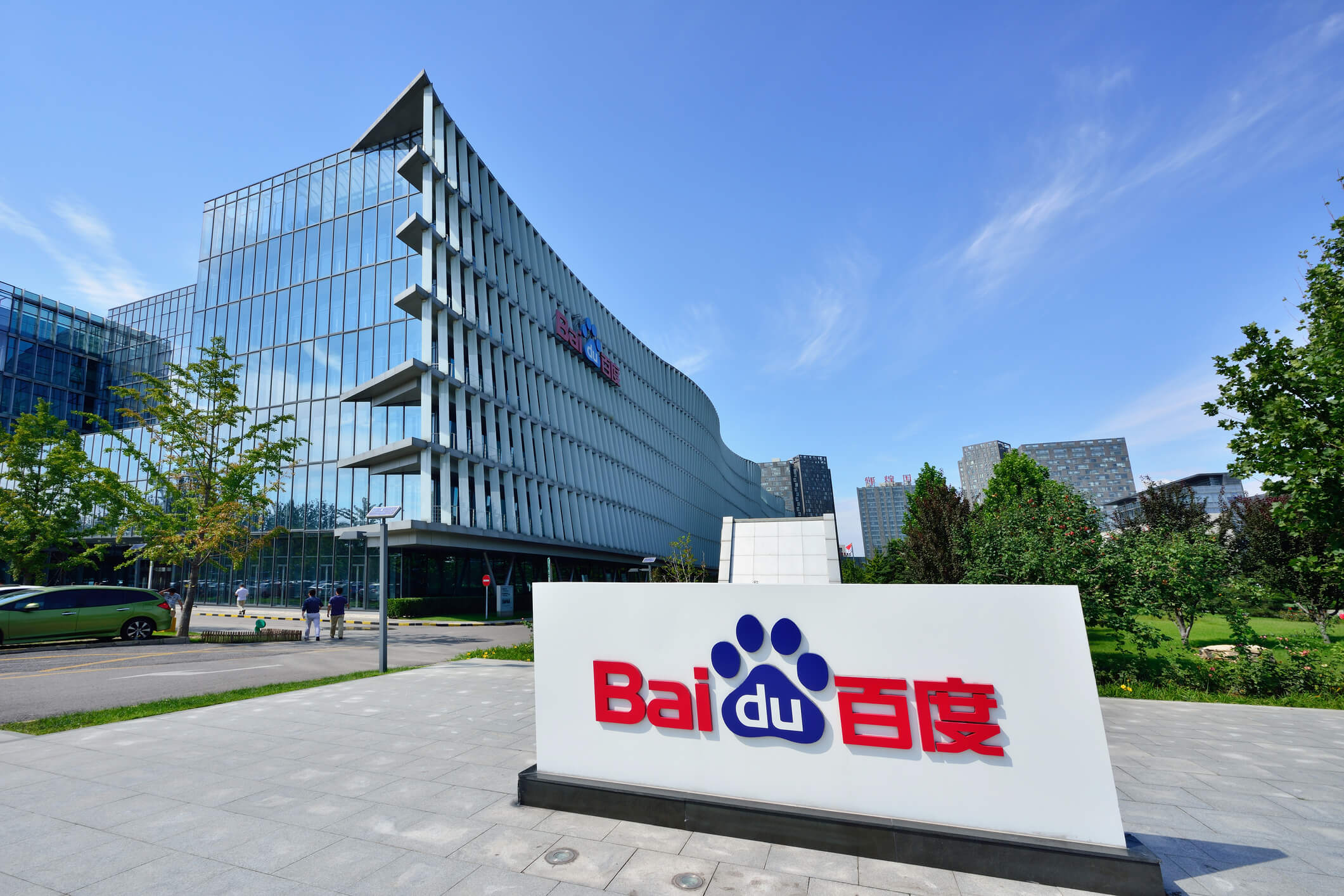As the one of the world’s strongest economies, China is a country that cannot be ignored. However, it is very different from the rest of the world, and the online landscape is no exception. Behind the Great Firewall, websites such as Google and Facebook are blocked and accessing foreign websites are often slow. This creates an environment where websites hosted in China thrive. For the majority of Chinese users, it is a fairly easy decision on how to use the internet.
Given this vastly distinct digital ecosystem, creating a website in China is not the same as building a site anywhere else in the world. Whether it is to market your business or to sell a product, there are a number of differences to consider before starting with your China website.
TLDR:
- Get a domain name
- Register an ICP license
- Buy a server in China
- Make your website mobile-friendly
- Optimize your website for Baidu SEO
- Do not load resources from Google and other blocked domains
What do you need to prepare before building your website in China?
Hosting a website in China is not like the rest of the world where you can get up and running in one day. Instead, there are a couple regulatory hoops you need to jump through and follow. To start, you will need a domain name, ICP license, and a server hosted in China.
Obtaining a domain name
A domain name is the first thing you will need to acquire. Contrary to what some may say, a .cn domain name is not required. You only need to look at Baidu and Tencent for proof.
However, it also does not hurt to have a .cn top level domain. This signals to Baidu that the content is targeted towards the Chinese audience and may help you rank better on Baidu. Regardless, it is best to select a domain name that works for your business.
If you plan on obtaining a .cn top level domain, you can register your domain name at GoDaddy. If you decide to go through a local provider, be sure to go through one of the more established corporations.
Registering an ICP License
An ICP (internet content provider) license is a permit that is issued by the Chinese Ministry of Industry and Information Technology. Businesses in China must obtain the license before setting up a website as China-based websites will not be allowed to operate without it. The process takes roughly a month to receive the license.
You can also decide to host your website in a country outside of Mainland China. A popular location is Hong Kong (Amazon AWS provides servers in Hong Kong), but other nearby areas such as Singapore and Tokyo can also work. By doing so, you won’t need to go through getting an ICP license. However, your website will be slower to load in China and you run the risk of being blocked by the Great Firewall. Your website will also rank significantly lower on Baidu or not at all. If SEO is not important to you, then this may be a good alternative.
Getting a server in China
A China-based server is required to host your website within the Great Firewall. Aliyun and Baidu Cloud are two of the largest server providers in China, but there are many others you can explore. You will need your domain name and ICP license to register your server.
A server in China is necessary if you want to rank on Baidu or if you plan on taking WeChat Pay and Alipay on your website. These payment services will not be available to websites on a foreign server. As mentioned above, a server outside of China may be a great choice if Baidu SEO is not important.
Make sure your website is mobile-friendly
China has a population of 1.4 billion people, and more than 800 million of them are connected to the internet. Of these, over 98% of them are mobile users. That’s a lot of people! Mobile is extremely important in the mainland due to the convenience of mobile features such as WeChat Pay and Alipay, ridesharing apps, messaging, and many more.
When you launch your website in China, chances are that people are going to view it on a mobile device. If your website is not mobile-ready, your users will not be sticking around for very long. That’s could result in a lot of lost business! Make it easy and relevant for your audience and ensure your website is mobile-friendly.
Optimize for Baidu’s search engine
Behind the Great Firewall, Google is pretty much useless. Rather, Baidu is China’s main search engine. If you plan on making your site searchable by Chinese users, make sure it is optimized for SEO on Baidu.
Baidu’s algorithm is very different from that of Google. For starters, Baidu has a preference for local servers. If your website is not hosted on a server in China, it will rank significantly lower or not at all. Hosting within Mainland China indicates to Baidu that your content is targeted to the Chinese audience.
Sites outside of China will load slower compared to those within China. With the Great Firewall, foreign websites also have reliability issues. As Baidu wants to provide their users with fast and reliable results, load speed and reliable connection are major concerns. If your site is hosted outside of China, you are at a disadvantage.
Though there is conflicting advice on what top level domain to purchase, .cn domains may actually help. This domain signals to Baidu that your website is providing content for the Chinese audience. However, there isn’t much evidence that domains ending in .com hurt your SEO either. Just be sure to select a domain name that works for your business.
A few other notes for optimizing SEO for Baidu:
- Do not spread your website over several domains or subdomains. Baidu treats these as separate sites and your website will be penalized.
- Baidu’s crawlers do not read JavaScript. Anything that is rendered through JavaScript will not help with your SEO score. Instead, statically render and deliver your site.
- Baidu puts heavy emphasis on link building, both on quality and quantity of links. Spammy link-building tactics were common up until Google released its penguin update in 2012. Since then, websites that built backlinks using black-hat tactics were penalized by Google’s algorithm. However, Baidu hasn’t been so successful in sifting out these techniques and spammy backlinks unfortunately still give websites more authority.
Avoid resources from Google and other blocked domains
It is no secret that Google is blocked in China. This also means that Google Fonts, Maps, Ads, and other Google resources are cut off. Using these on your website will not only slow down your site but may cause your site to not load at all. Facebook, Twitter, Instagram, and YouTube are a few other domains that are blocked by the Great Firewall. Loading widgets or embeds from these sources will negatively impact your website. Instead, consider using China-based sources such as Youku and Weibo.
Wrapping up
There are a lot of differences in creating a website for China and building a site for the rest of the world. We’ve only covered the basics here, but it should hopefully be enough to help you make a decision. Be sure to assess what your business needs are and whether a China-based website makes sense. If you’re ready to get started, give us a shout and we’d be happy to help you out!



